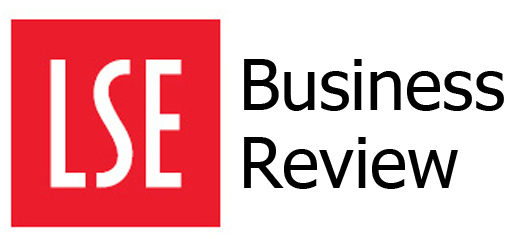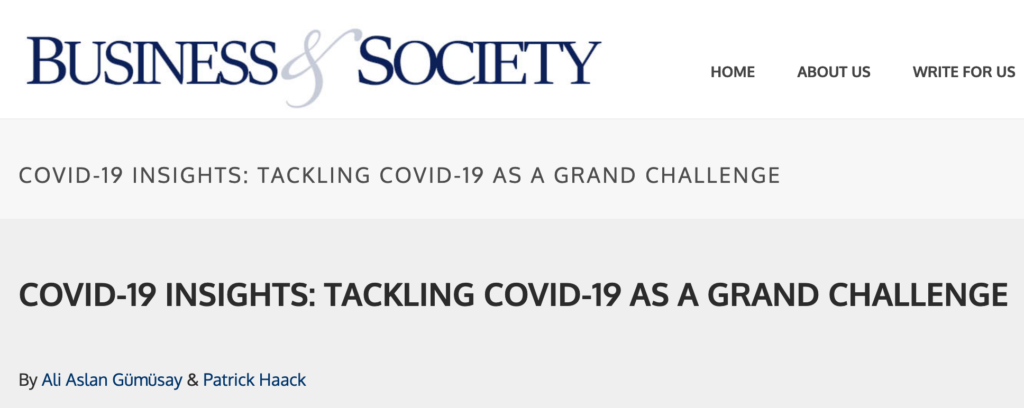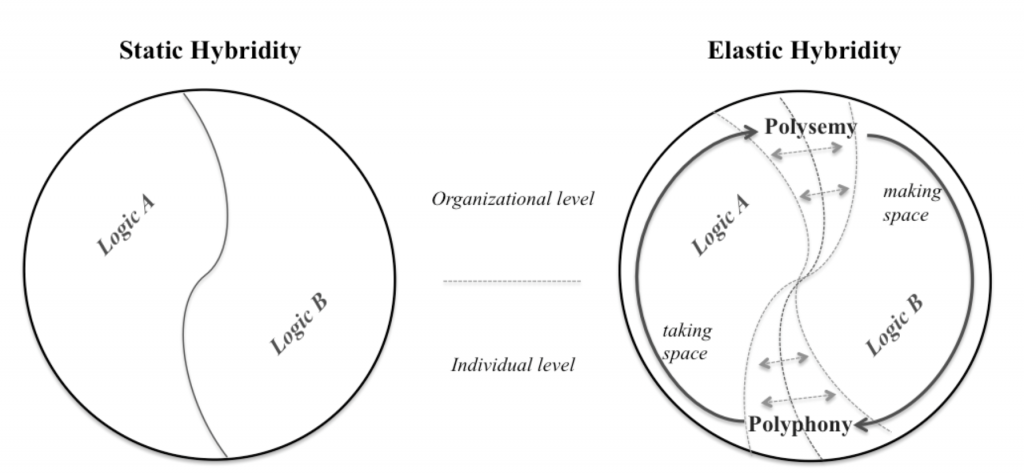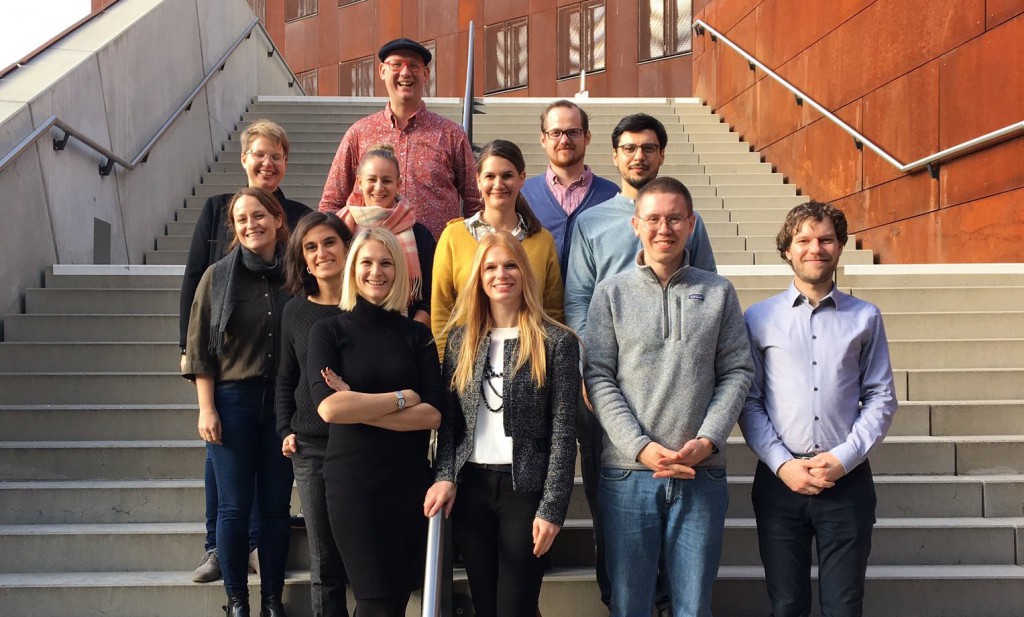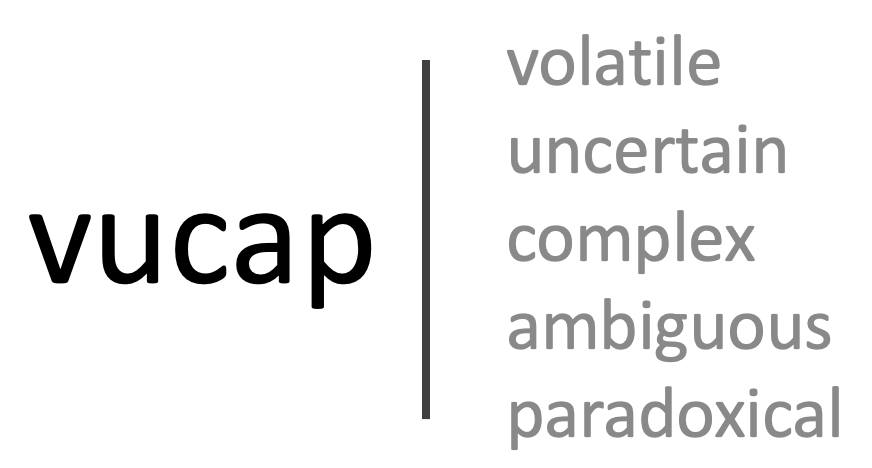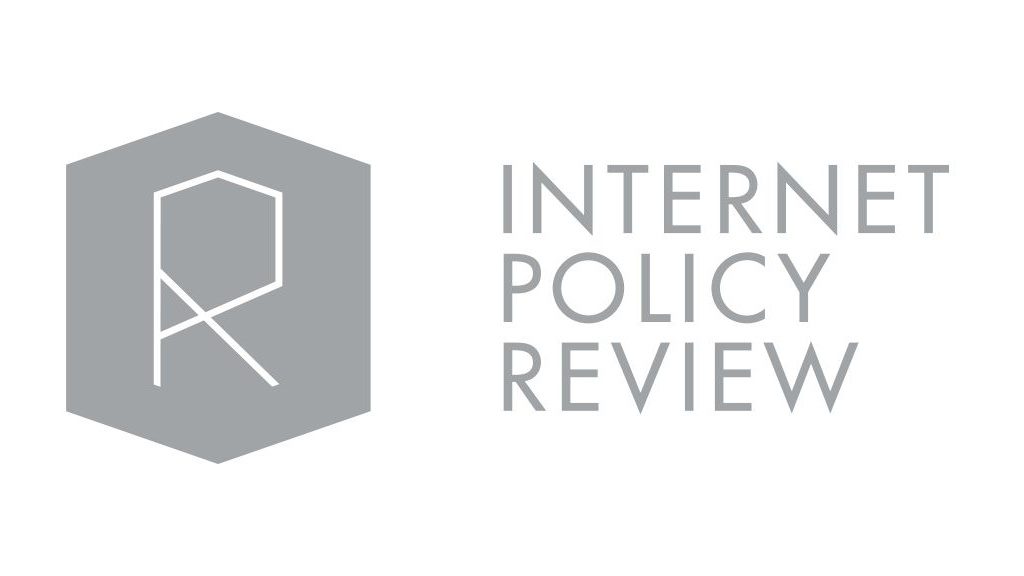
In a new article Stephan Bohn, Nicolas Friederici and myself argue that some platforms become systemically relevant in a crisis, so we need regulation that takes this into account before and during the next crisis. The short piece was published open access in Internet Policy Review here.
